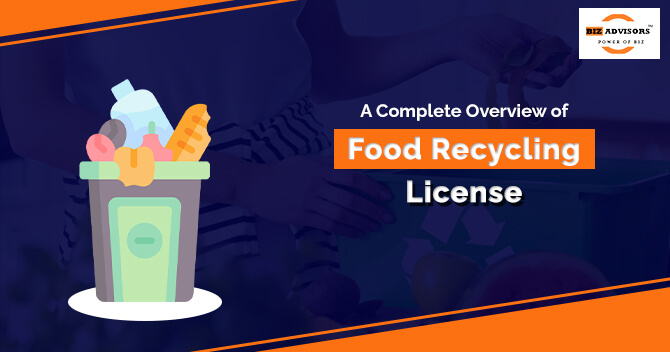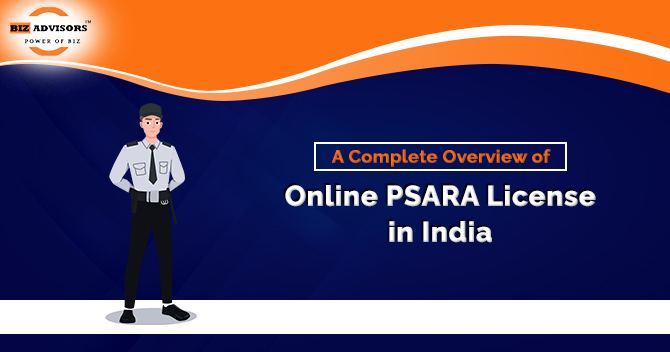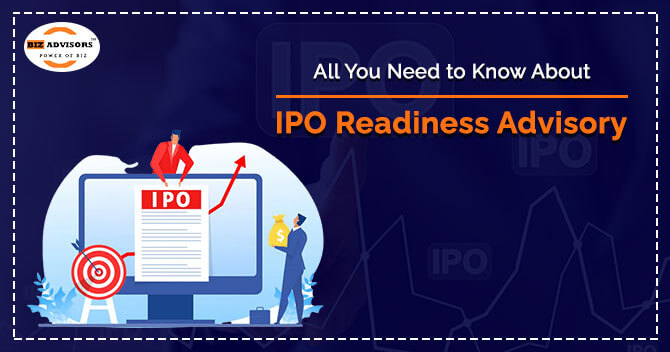A Food Recycling License imparts an authentic explicit network of recycling food waste products on a comprehensive scale in a sophisticated manner. A Food Recycling License plays a crucial role in channelizing the food waste recycling regulatory framework in a well-organized format. It provides an efficacious structural framework of food waste recycling systemization on a broad scale and also provides legal validity to reinforce the standards concerning the recycling of food waste to a larger extent. The Food Recycling License is mandatory to avoid any kind of future intricacies and immoderations concerning the systemization of the standards of food waste products recycling. It intrinsically acts as a driving force in channelizing the progressive spirit of the structural framework of food waste recycling operational systemization. This blog post intrinsically aims at providing a comprehensive approach to analyzing the concerning Food Recycling licenses in a detailed format.
Food Recycling License
Food waste is a contemporary issue in India. According to estimates by the FAO, or Food and Agriculture Organization, approximately 40% of the food that is produced each year in India is wasted as a result of disjointed food systems and inadequate supply chains.
The UN estimates that 190 million Indians are still undernourished even though there is sufficient food production. The annual cost of food waste in India is also estimated to be approximately Rs. 92,000 crores.
Food is produced in our houses in large quantities. Food waste per person in India is estimated to be 50 kilograms per year, according to the Food Waste Index Report 2021[1]. Food waste ends up in landfills where it contributes to the production of the dangerous greenhouse gas that has such detrimental environmental effects. Food waste generated in 20211 totaled 817,000 tones, a 23% increase from food waste produced in 2020. Food waste recycling rates increased along with the amount of food waste produced; therefore they are still around 19% today.
Hierarchy of Food Waste Management in the context of Food Recycling License
The hierarchy of the steps involved in managing food waste concerning Food Recycling License is as follows:
· Food waste reduction and prevention at the source
· Redistribution of unsold or extra food
· Food waste recycling or treatment
· Compost or the finished item
In landfills, food waste produces methane, a greenhouse gas. Methane emissions can be decreased by composting organic waste, including food scraps. The need for chemical fertilizers is both decreased and eliminated by compost. Additionally, compost encourages increased crop yields.
Benefits of Food Waste Composting
The advantages of composting leftover food include the following:
· Minimizes soil erosion
· Intensify plant growth
· Stronger plants
· Use less water.
· Decrease waste
· Increases the soil’s quality
· Decrease output of greenhouse gas
· Reduce odors in areas where there are farms.
Essential Documentation
The following list of paperwork is needed to operate a Food Recycling License:
· A cover request letter outlining the state of the market and current actions
· As evidence of ownership of the site or factory, a copy of the witnessed sale deed, lease deed, or any other necessary documentation
· A certified copy of the MOA for the public or private sector, or a registered partnership deed for a partnership company.
· The layout of the design shows the locations of the process equipment, utilities (such as the boiler, generator, etc.), the effluent treatment plant, the outlet position, and the storage yard for both hazardous and non-hazardous waste.
· Schematic map illustrating the location of sensitive regions within a 2-kilometer radius of the unit, including water bodies, roadways, residential areas, agricultural lands, religious sites, educational institutions, and ancient monuments and archaeological sites.
· Each product’s manufacturing procedure is described in depth along with a thorough flow chart.
· Auditor’s certificate containing the split data for the projected Gross fixed assets duly approved by a CA along with financial provisions for the Pollution Control Measures.
· PAN Card or Aadhar Card
· Utility bills
· Factory License
Procedure concerning Food Recycling License
The NOC from the Pollution Control Board as well as the CTE and CTO from the Pollution Control Board, are referred to as the Food Recycling License.
The following steps must be taken to receive the CTE and CTO, or “Food Recycling License”:-
· Application for a Food Recycling License must be submitted on the correct form.
· The applicant must complete an application and submit it to the relevant State Pollution Control Board because each state has its pollution control board.
· The required information and papers are submitted by the applicant.
· The authority examines the location where the business is conducted and, following that examination, accepts or rejects the application for a food recycling license.
· The board grants the applicant a food recycling license if the application is approved.
· The application is given to the relevant official, such as the general manager, member-secretary, regional officers, etc.
Food Recycling License Duration and Renewal
The license will initially be valid for two years, and then for five years after each renewal. A renewal application in Form 4 may be submitted before 60 days have elapsed since the expiration date. Renewing is done after each case has been examined by the State Pollution Control Board and Pollution Control Committee.
Conclusion
The aforementioned text imparts an unambiguous picture concerning the Food Recycling License. A Food Recycling License helps in maintaining a smooth and efficient operational management of food waste products systemization on a comprehensive scale. It provides instantaneous support in enhancing the standards of food waste recycling structural patterns and encourages an optimistic approach in the direction of exacerbating the food waste products channelizing spirit on a wide platform. Our legal luminaries at BizAdvisors.io tend to provide robust support to individuals in the context of easily obtaining a Food Recycling License. You can freely contact our legal consultants at BizAdvisors.io for any kind of professional assistance or support in the context of the structural framework of the Food Recycling License.
Read our article:Everything You Need to Know About AGMARK License
 9559179325
9559179325 9559179325
9559179325





